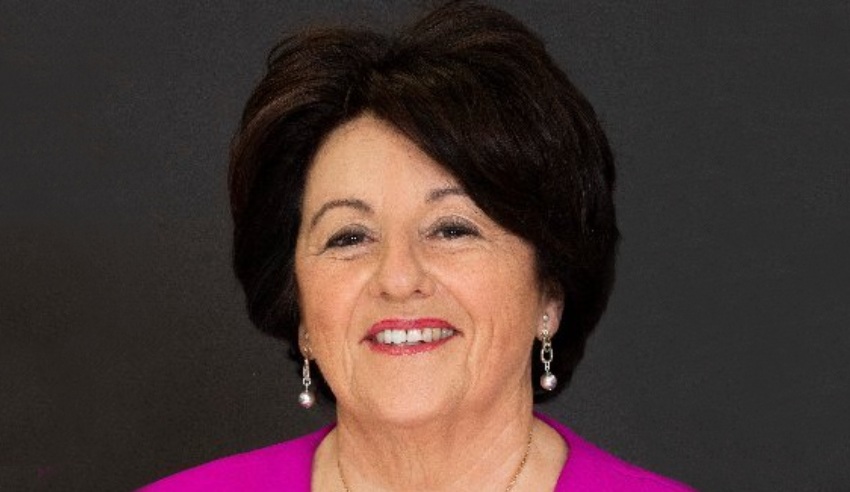Over 30 years ago, legislative change was promised to Western Australians – but the Western Australian Law Society president said the state could not wait any longer.

Whilst the dependents of those who die without a valid will across the country are entitled to fair statutory legacy payments, the amounts in Western Australia, as dictated by the Administration Amendment Act 1903 (WA), remain critically low.
“If you die without a valid will, the state government will decide what happens to your property. The law will now be changed so that the statutory scheme for the distribution of property when a person dies without a valid will is now, and into the future, equitable for their survivors,” she said.
“The changes increase the payment to a surviving spouse or partner (of a person who dies without a valid will) from $50,000 to $472,000 if the deceased had children. If the deceased had no children, the amount is increased from $75,000 to $705,000. This change includes de-facto or same-sex partners.
“This amendment to the law is long overdue as the current amounts, as noted by the Attorney-General on August 19, 2021, ‘are grossly inadequate’. This will bring the situation in WA into line with that in the other states,” Ms Boujos added.
As nearly 50 per cent of those in Western Australia die without a will, this legislation is an important issue for the community, explained Ms Boujos, who said that intestacy could occur if the person does not have a will, if their will is not valid, or if their will only disposes of some of their property.
“Because statistically women live longer than men, the current law severely disadvantages them. The Law Society has campaigned vigorously, advocating for many years, that the state government change the law, and was disappointed when the legislation lapsed at such a late stage last year. In no other state or territory of Australia is the statutory legacy as low as it is in WA,” she said.
“The current statutory legacy is simply insufficient where the surviving partner is not on the certificate of title for the residential property. The little-known Administration Amendment Bill has had its third reading in Parliament but remains in the Legislative Council.”
Whilst changes to the legislation were anticipated to be put into practice this year, the Western Australian government has prioritised other laws instead, added Ms Boujos.
“The number of individual members of our community that may be affected by the continued delay are around 20 persons a day. Imagine how many WA citizens could have been helped if the law had been amended 30 years ago when the then-premier, Carmen [Lawrence], said it would be! No other state disadvantages its community to this extent,” she said.
“These amendments are set out in only seven pages, and there are five clauses, so is indeed small in size but with the potential to alleviate serious financial problems for almost half of the WA community, some at their most vulnerable, during a deeply sad time of their lives. There has been over 30 years of delay in making this change.”

Lauren is the commercial content writer within Momentum Media’s professional services suite, including Lawyers Weekly, Accountants Daily and HR Leader, focusing primarily on commercial and client content, features and ebooks. Prior to joining Lawyers Weekly, she worked as a trade journalist for media and travel industry publications. Born in England, Lauren enjoys trying new bars and restaurants, attending music festivals and travelling.